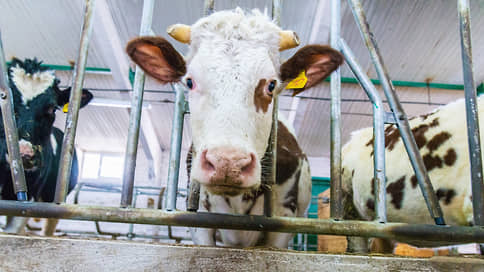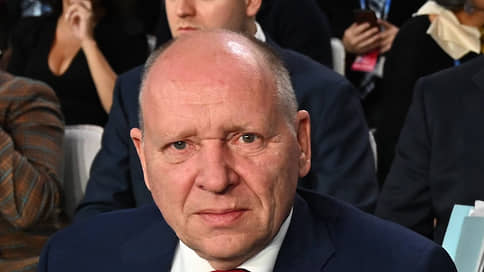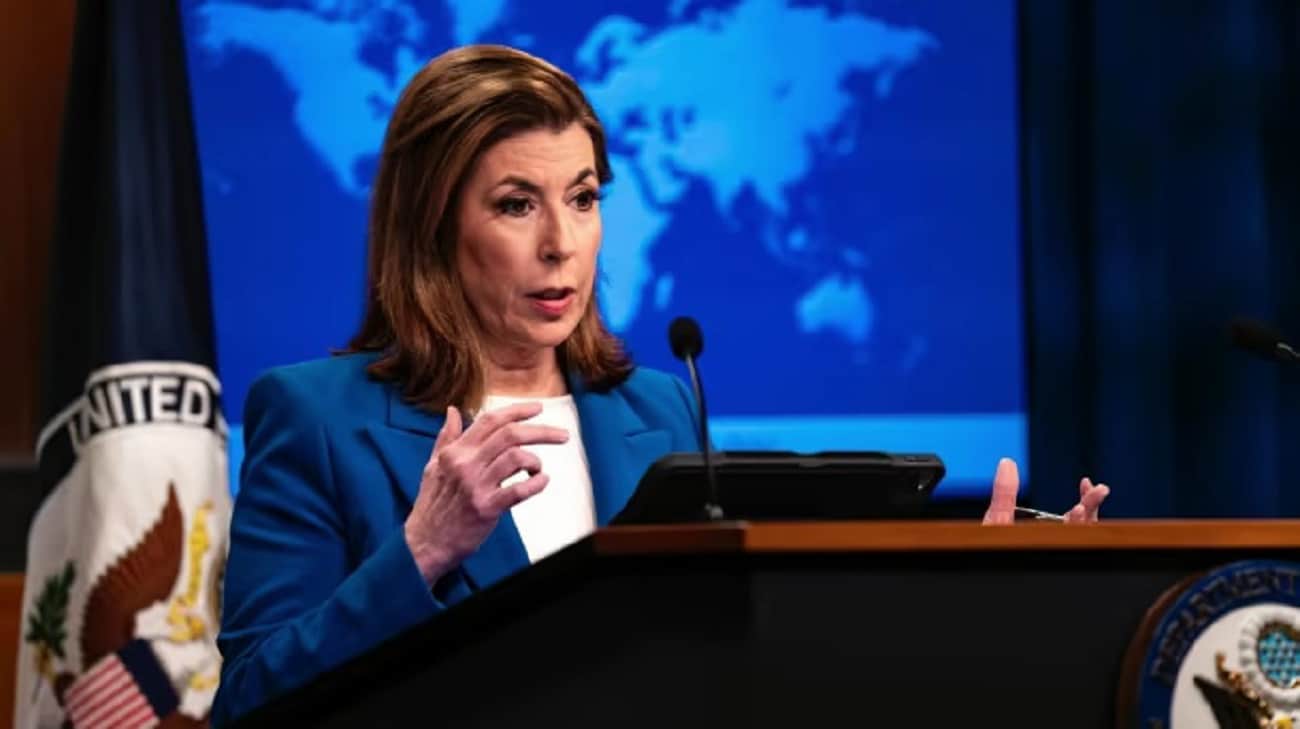The Ministry of Agriculture will spend more than 2 billion rubles in three years on a genetic selection

The Ministry of Agriculture is preparing for a large -scale program of genomic research of agricultural in the Russian Federation – the department will provide to breeding farms state support during molecular genetic examination of cattle (cattle) of dairy or meat trends. In total, over 2 billion rubles will be spent on genetic selection in the next three years. The goal is to create a unified regulated animal assessment system in Russia and contribute to import substitution in this sector.
The Ministry of Agriculture has developed a draft government decree on the rules for subsidizing research for genomic selection in the field of breeding livestock. This is part of the Fedroekt “Creation of conditions for the development of scientific developments in selection and genetics” of the national project “Technological support for food security” (see “Kommersant” dated September 11, 2024).
- The program will be large -scale and will affect 471.8 thousand cattle of cattle over three years throughout the country, including 80 thousand already in 2025, at a 70% discount at the expense of the budget – 2.1 billion rubles are allocated for this.
- The examination should ensure the growth of the productivity of breeding dairy livestock to 11.5 tons of milk per head per year (2024 estimates – 9.5 tons), and the increase in milk production by 2030 by 1.96 million tons (more than 20% in the total production increase).
- Strategic goals – obtaining highly productive young animals, the development of their own base of tribal resources and providing prod safety.
According to Kommersant in the Ministry of Agriculture, FGISF on tribal resources has already been launched in the Russian Federation – this year its introduction began in pilot mode in Udmurtia and Tatarstan, the Arkhangelsk Region and the Altai Territory. From March 1, 2026, it will become required for all farms that have or planning to obtain tribal status. The next stage is the development of a national tribal value index, which will begin with the cattle and meat cts. The index will include productivity, genomic assessment and indicators characterizing the appearance of the individual, and will also allow you to compare animals with each other.
The assessment of the genetic potential helps to analyze productivity immediately after birth and sell less profitable animals, without investing in their cultivation, explains the co -founder and general director of Kitest, Daria Yakovina. But in Russia there is no unified animal assessment system, although there are companies on the market that provide allocation for foreign bases that do not take into account Russian conditions and the structure of profit from production.
“The standards and support of manufacturers in the field of genetic examination will become the basis for import substitution of genetic material in animal husbandry, and without it the formation of genomic selection in Russia is impossible,” the expert is sure.
So far, there are very few accredited laboratories of molecular genetics in Russia, Roman Pavlenko notes the general director of the Agropoline laboratory and research center. Most of the kinship confirmations are carried out by the outdated method of immune genetics: “If you use this method, we will be very behind the world market,” he explains.
It is difficult to finance the examination independently: a comprehensive test, which includes confirmation of kinship, genetic anomalies, household-useful features and genomic assessment in the Russian base, costs on average 5.5 thousand rubles. Based on one animal.
It should be noted that after 2012, Rosagrolysing carried out an extensive product of importing in the Russian Federation of tribal animals (see Kommersant on February 27, 2012), but by 2019 it was not very successful (see Kommersant on July 10, 2019), and after 2022, in connection with the sanctions of the purchase of breeding animals abroad, they were even more complicated. Now the Ministry of Agriculture intends to rely on the development of its own bio- and agricultural technologies (See “Kommersant” from April 14), for which genomic studies are designed to become.








